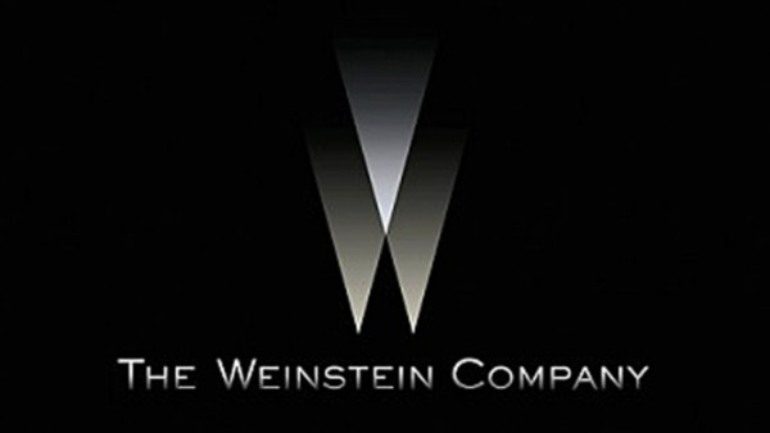

CW Discussions of Sexual Assault
Harvey Weinstein has been acquitted of the 2020 rape conviction by a 4-3 ruling from the New York Court of Appeals. The final decision determined the judge was allegedly prejudiced for the prosecution’s case.
While he will continue to serve his 16-year sentence for another rape case from 2022, he was acquitted from the 2020 New York case. During said case, both Jessica Mann and former production assistant Miriam Haley accused Weinstein of allegedly sexually assaulting them. Weinstein’s defense team, led by Arthur Aidala, challenged Judge James Burke’s decision to allow three women unrelated to the case to testify against Weinstein.
According to these three women, Weinstein had allegedly set up fake business meetings with them to sexually assault them. While the prosecution argued that the testimonies would show a pattern in his alleged assaults, the defense pushed back. It claimed that the testimonies were used to discredit Weinstein’s character and cloud the jury’s final judgment. Aidala called it “major prejudice” on behalf of Justice Burke since the testimonies allegedly hammered into the jury’s mind, “‘He’s a bad guy. He’s a bad guy. He’s a bad guy.'”
The majority who voted and argued in favor of Weinstein considered this a win for the justice system and its needed neutrality. Judge Jenny Rivera stated that testimonies that set up a negative precedent of the defendant’s behavior is “an abuse of judicial discretion” With this in mind, Weinstein’s team celebrated it as a victory during a press conference in New York, calling it “a great day for America.” “It instills faith there is a justice system. If it’s a former president of the United States or the most storied Hollywood producer of our generation, the law applies to everyone,” Aidala commented.
However, many on the prosecution team and the dissenting judges have outcried that this appeal will only set sexual assault victims back years. Attorney Douglas Wigdor even challenged the defense’s claim of faulty testimonies, noting that other trials have used similar statements to help establish the defendant’s apparent behavior pattern. “Courts routinely admit evidence of other uncharged acts where they assist juries in understanding issues concerning the modus operandi or scheme of the defendant,” he explained. Judge Madeline Singas noted that this decision seemingly ignores other women’s needs and testimonies, “born from a refusal to accept that crimes of sexual violence are far more nuanced and complex than other crimes.”
